Welcome to the Pact for Skills' dedicated page for Large-Scale and Regional Skills Partnerships
The priority of the Pact for Skills is to strengthen collective action on skills development by all stakeholders through skills partnerships.
At EU level, Large-Scale Skills partnerships (LSPs) set up a shared engagement model for collective action where major players in industrial ecosystems and value or supply chains, including associations, relevant public authorities and SMEs, commit to cooperate and invest to provide upskilling and reskilling opportunities for people of working age in the whole industrial ecosystem.
Regional Skills Partnerships (RSPs) are similar multi-stakeholder partnerships seeking to advance the Pact for Skills’ objectives at the regional level. RSPs can cover a region within a single Member State, ‘macro regions’ spanning across Member States that have a shared geographical or economic relationship, or can bring together different regions facing similar skills challenges on the regional level.
Learn more about the LSPs of the Pact for Skills in each of the 14 industrial ecosystems of the renewed EU Industrial Strategy below by clicking on each ecosystem.
Learn more about the Regional Skills Partnerships in the declarations at the bottom of this page.
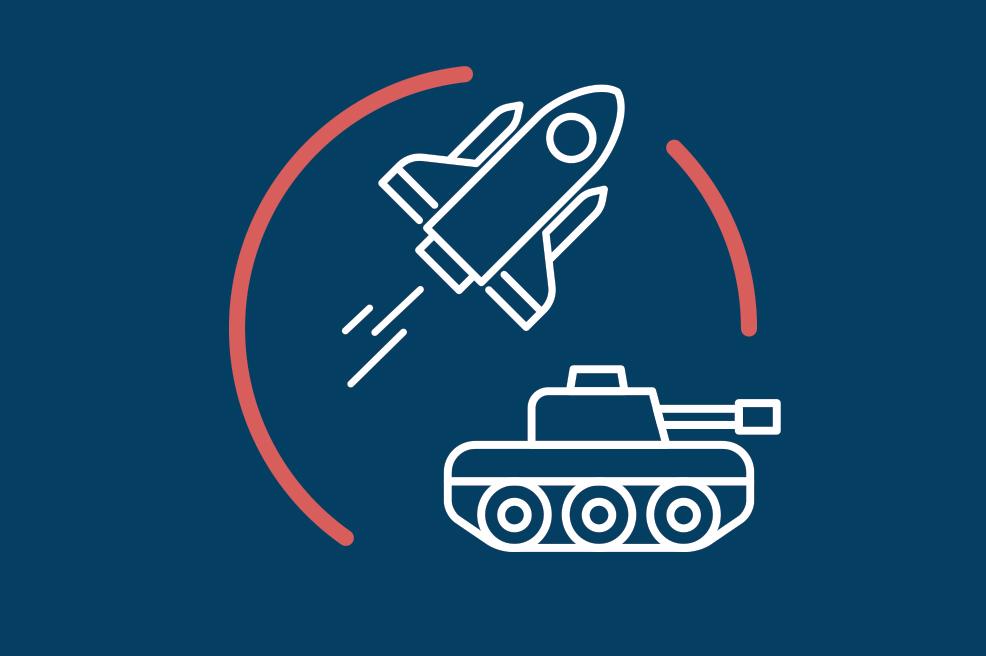 Aerospace & Defence
Aerospace & DefenceThe Aerospace & Defence ecosystem includes aircraft production, space manufacturing and services, defence products and technologies.
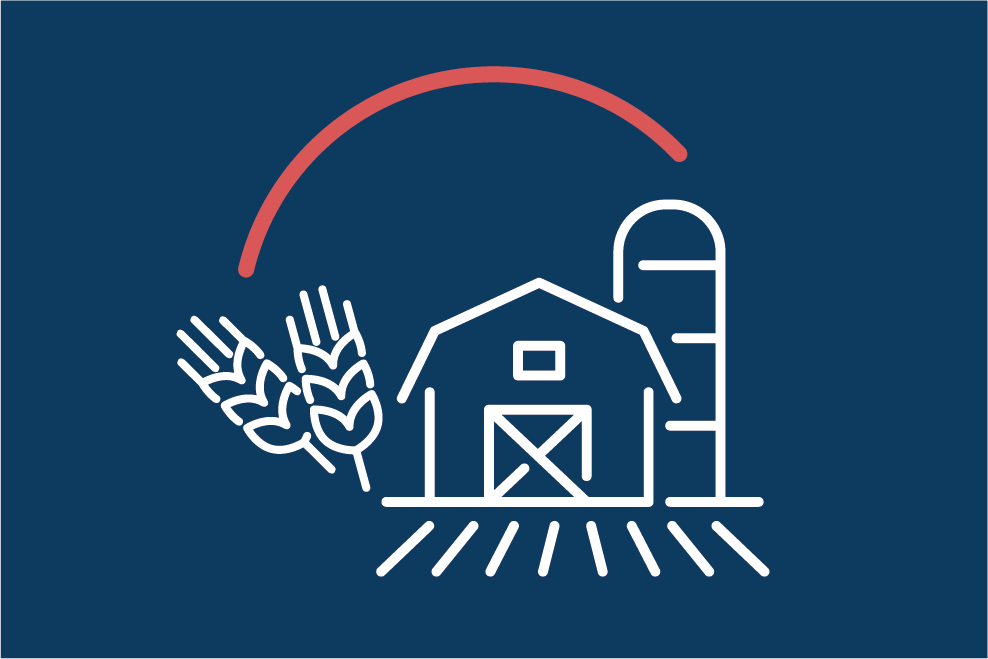 Agri-food
Agri-foodThe Agri-Food ecosystem includes plant and animal production and the processing of food.
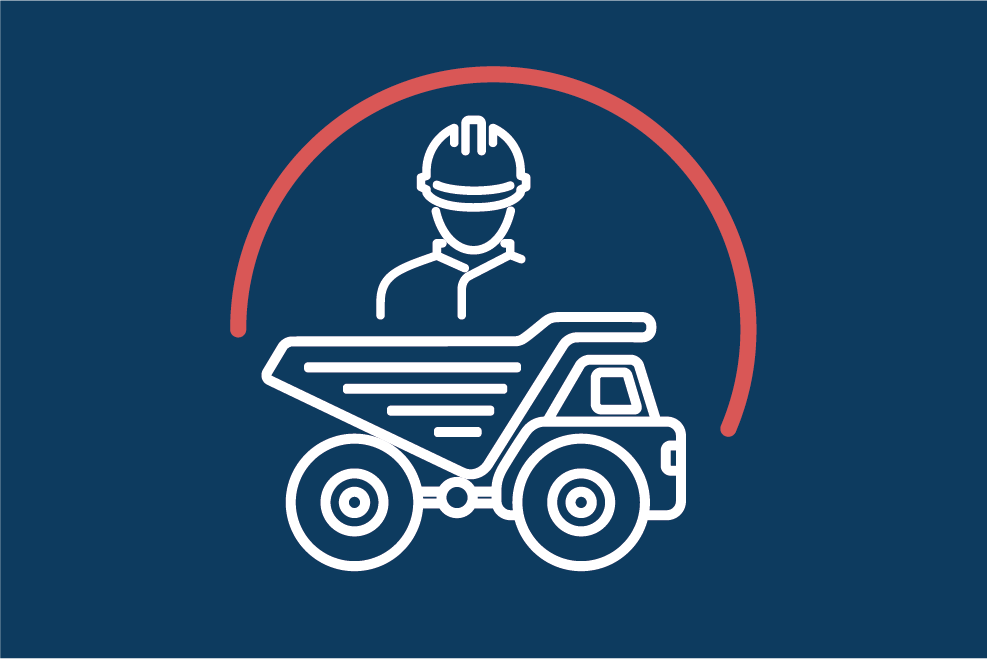 Construction
ConstructionThe Construction ecosystem includes renovation, building of residential and non-residential estates, roads, railways, utilities and civil engineering.
 Creative & Cultural industries
Creative & Cultural industriesThe Cultural & Creative Industries ecosystem includes newspapers, books, motion pictures, video, television, radio and music.
 Digital
DigitalThe Digital ecosystem includes telecommunications, software, programming, data processing, hosting, manufacturing of computers and electronics.
 Energy Intensive Industries
Energy Intensive IndustriesThe Energy-Intensive Industries ecosystem includes raw materials, chemicals, iron and steel, forest-based products, plastics, refining, cement, rubber, metals and fertilisers.
 Health
HealthThe Health ecosystem includes pharmaceuticals and other medical products, personal protective equipment, medical services, hospitals, nursing homes and residential care.
 Electronics
ElectronicsThe Electronics ecosystem includes raw materials, semiconductor manufacturing tools and the design of semiconductor components.
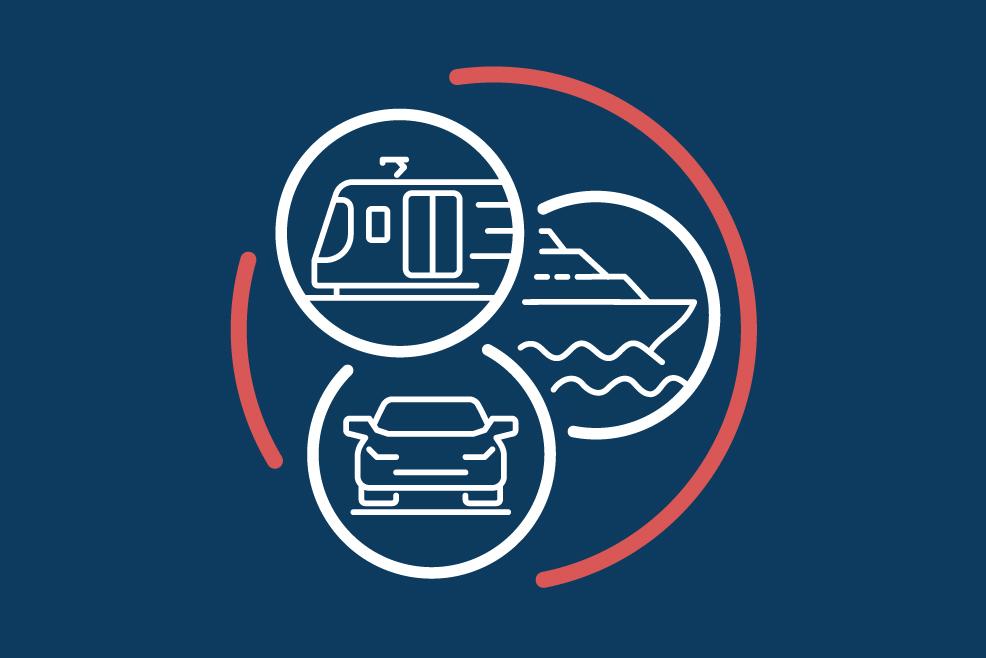 Mobility - Transport - Automotive
Mobility - Transport - AutomotiveThe Mobility-Transport-Automotive ecosystem includes the production of motor vehicles, ships, trains, accessories, as well as the repair of transport.
 Proximity & Social Economy
Proximity & Social EconomyThe Proximity & Social Economy ecosystem includes social enterprises, associations and cooperatives aiming at generating a social impact.
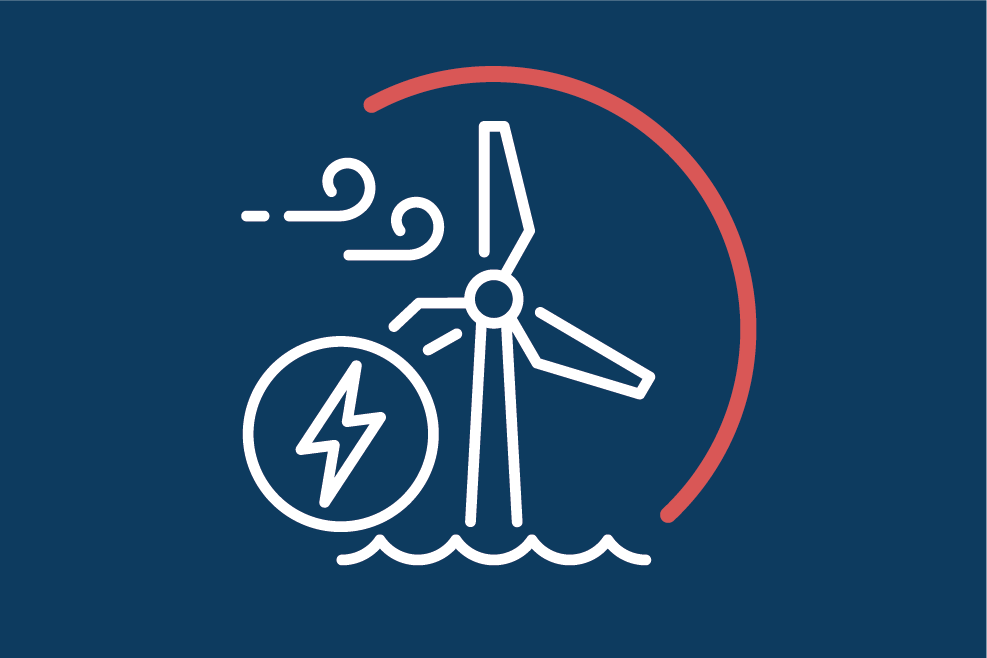 Renewable Energy
Renewable EnergyThe Renewable Energy ecosystem includes electric motors, engines and turbines, electric power generation and gas.
 Retail
RetailThe Retail ecosystem includes retail sales and wholesales connected to consumers.
 Textiles
TextilesThe Textiles ecosystem includes the production of textiles, apparel, footwear, leather and jewellery.
 Tourism
TourismThe Tourism ecosystem includes passenger transport and travel, hotels, short term accommodation, restaurants and catering, events and theme parks.

